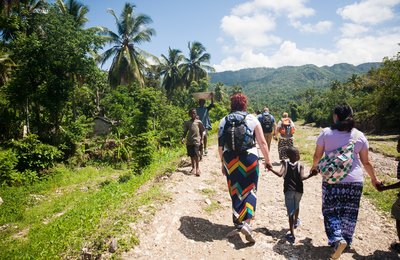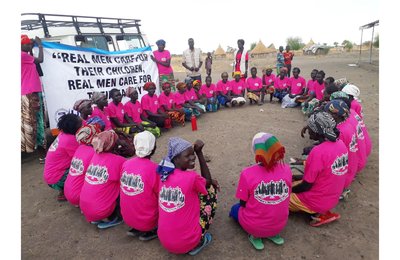Every week in Burundi, some 20 people die in political killings. The hit rate is worst in Bujumbura-Rural, a province surrounding the capital city, where political violence and targeted assassinations have grown in the months since the disputed elections of 2010.
In May 2010, opposition parties alleged fraud in the local polls and boycotted the rest of the elections. Since then, there have been ongoing tensions and insecurity based on political intolerance. However since September last year, the situation has deteriorated. Criminal attacks and insecurity have intensified in the regions corresponding to the former strongholds of the opposition National Liberation Forces (FNL). Some opposition leaders, including the leader of FNL, Agathon Rwasa, fled the country and sought exile abroad.
Though the government has been calling these groups ‘armed bandits’, it has failed to stop or reduce their acts. When visiting Bujumbura-Rural province in May, President Nkurunziza, accompanied by security and defense ministers, condemned the attacks and warned the population about rampant insecurity. He gave the population and security forces an ultimatum of two months, to denounce and arrest perpetrators and restore security in the province.
However, according to the local populations in the communes of Kanyosha and Isare, the frightening violence they are facing is politically based and not the acts of bandits. Also, many people saw in those attacks a sign of a resurgence of the armed opposition. In fact, it has been observed that the people targeted are militants and local authorities (and their relatives) from the two main political parties in the province. The two parties are engaged in bloody confrontations, which leave behind every week new orphans and widows, and an increasing atmosphere of tension and suspicion.
In an attempt to stop this violence, opposition parties belonging to the Ikibiri Coalition (a political network created after the 2010 elections) have called for an inclusive dialogue with all socio-political stakeholders. A similar appeal has been launched by civil society groups and diplomats in Bujumbura.
But this offer has been continuously rejected by the ruling party. On 13 June, President Nkurunziza echoed the spokesman of the ruling party, CNDD-FDD:
There will never be negotiations between the government, which was established by the population through the transparent 2010 general elections, [and the opposition parties]…. This is a question which should not come back. We still have to wait until the elections of 2015.On Independence Day (1 July), President Nkurunziza did invite opposition leaders in exile to return home to exchange ideas of a common reconstruction of the country. But he made clear that this dialogue should not compromise the results of the 2010 elections.
The extremism in which Burundi’s political class is engaged is worsening the socio-political context, adding new victims of brutality and political violence every week. Certainly, Burundi is not the only country that has seen disputed elections in the recent past. But intimidation, assassinations and attacks have never brought a lasting solution to political crises. The urgent need is to explore different options, before the country falls back into another war, as many fear.










